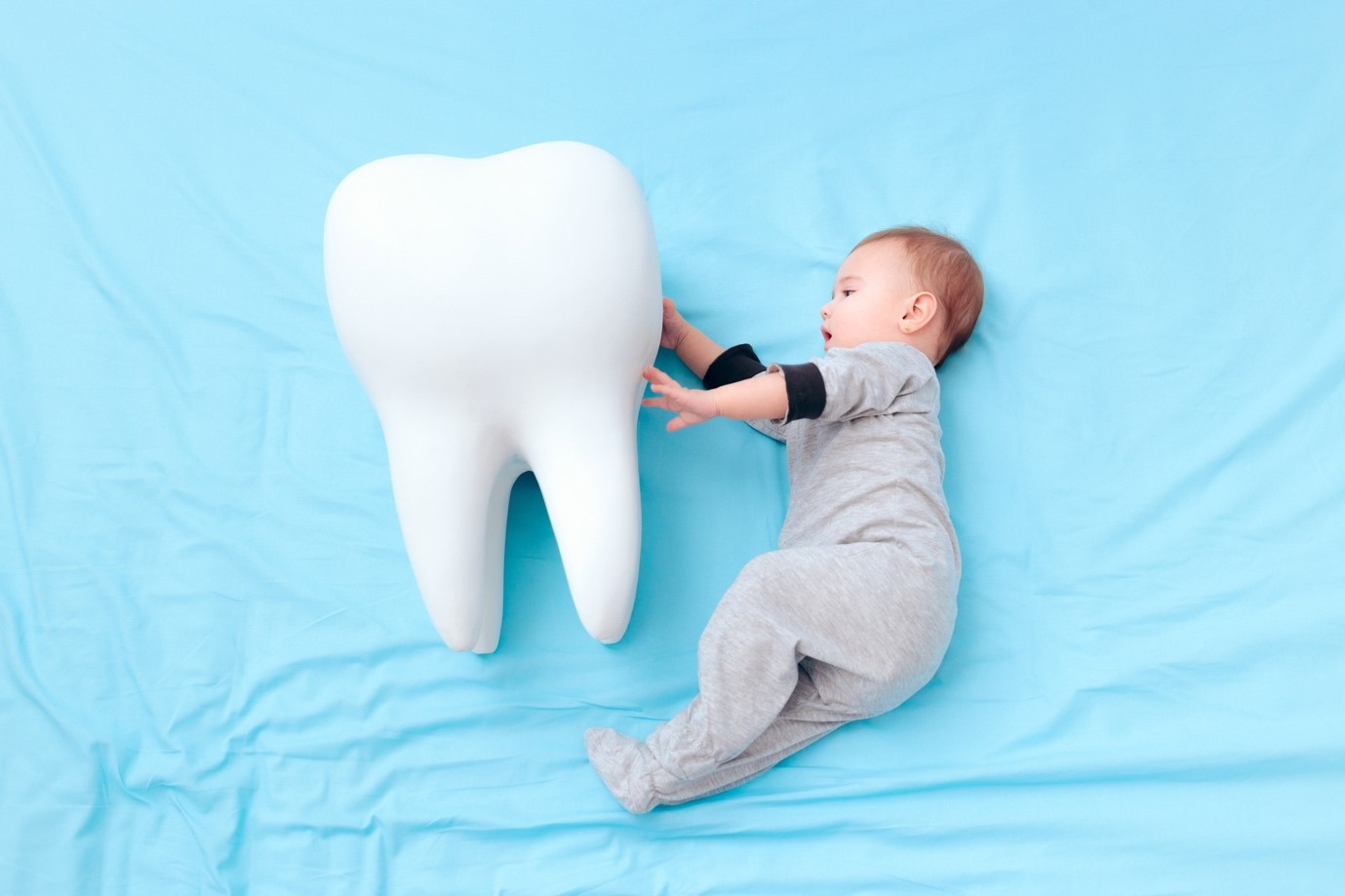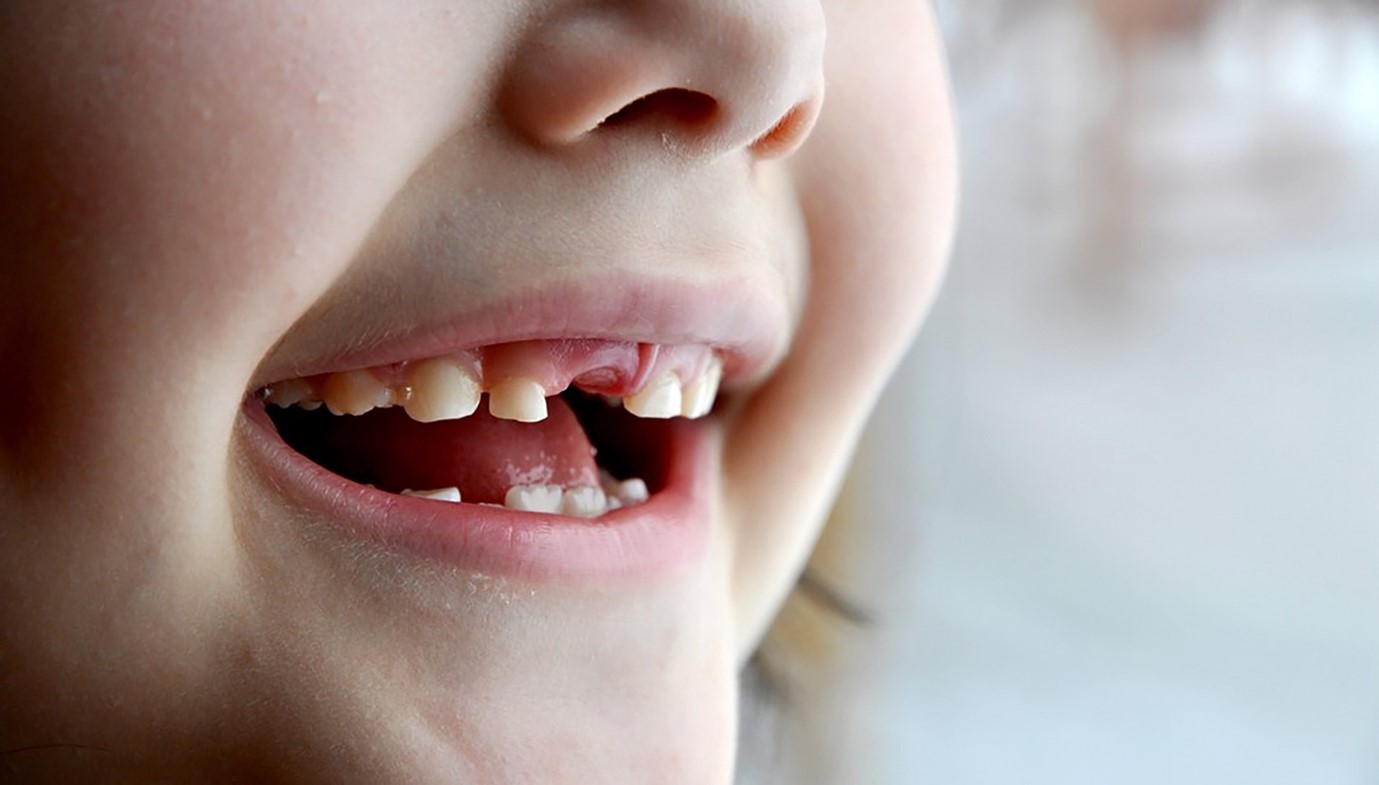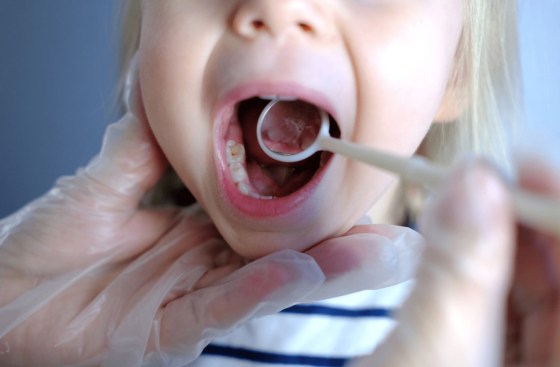
Your child’s smile can light up the world …or be destroyed if proper care doesn’t start at a young age.
Getting those pearly whites to look shiny and healthy through time, depends on how well-built they are on an early foundation of healthy habits.
Currently, among dental issues, cavities and tooth decay are the most common problems with nearly up to 90% children suffering from it globally, according to the World Health Organization (WHO).
There are also other bigger toothsome issues even for parents to contend with: Nursing Bottle Caries (baby bottle tooth decay) which is a prolonged exposure of a child’s teeth to sweet liquid leading to misalignment and crowding of teeth, and thumb sucking.
Early Tooth Loss caused by Tooth Decay
Nursing Bottle Caries
If baby teeth are damaged or destroyed at an early stage and inadequate care is given to treat them, it will result in an improperly aligned, permanent teeth setting. All of which ends up creating crowded or crooked permanent teeth over time. It gets worse…rotten baby teeth could lead to infection and pus within the roots, even leading to infection spreading into the bloodstream and across the rest of the body, eventually doing long-term damage.
6 Tips to better nursing bottle caries treatment:
- Watch that sugar! Avoid giving a bottle filled with sugary drinks or milk to your baby during the day, when there are signs of restlessness. Watered-down fruit juice or milk still increases the risk of decay. Our doctors recommend offering plain water or a pacifier.
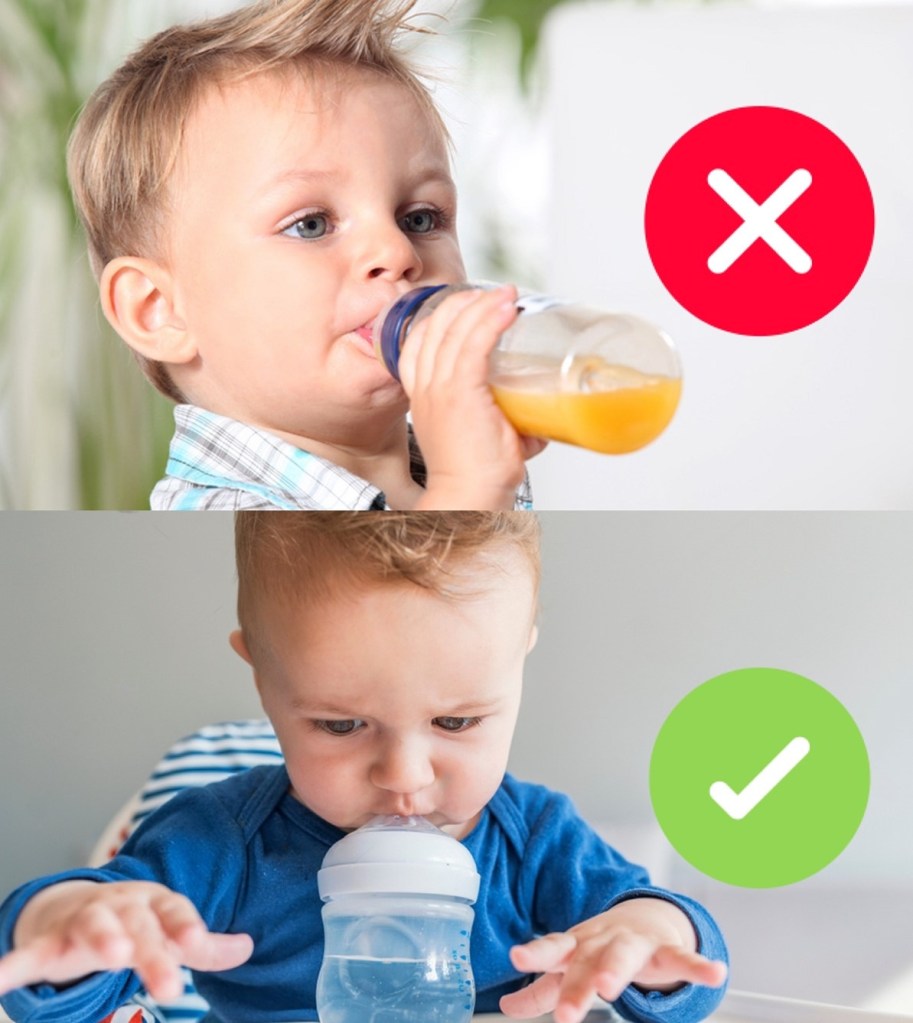
- Watch that pacifier! Never dip your baby’s pacifier in sugary items such as honey, or any sweetened liquid..

- Night watch! When nursing your baby at night, check to see if the little one’s mouth is moved away from the breast as they drop off to sleep.
- Watch out for plaque! After each feeding session, remember to use a wet gauze or moisturized cloth to wipe your baby’s teeth and gums, which can be prone to bacteria-forming plaque and sugar.
- Ensure fluoride dental care! Speak with our dentists at HealthHub Clinics about your baby’s use of fluoride. If your drinking water is not fluoridated, over the counter fluoride treatments or supplements may be needed.
- Teach an early habit! Once your baby turns one, it’s advisable to shift the feeding habit to sipping from a cup, as it helps reduce the teeth’s exposure to sugars. Remember: constant sipping from the cup can still cause tooth decay unless that cup is filled with plain water.
When Thumb Sucking really sucks!
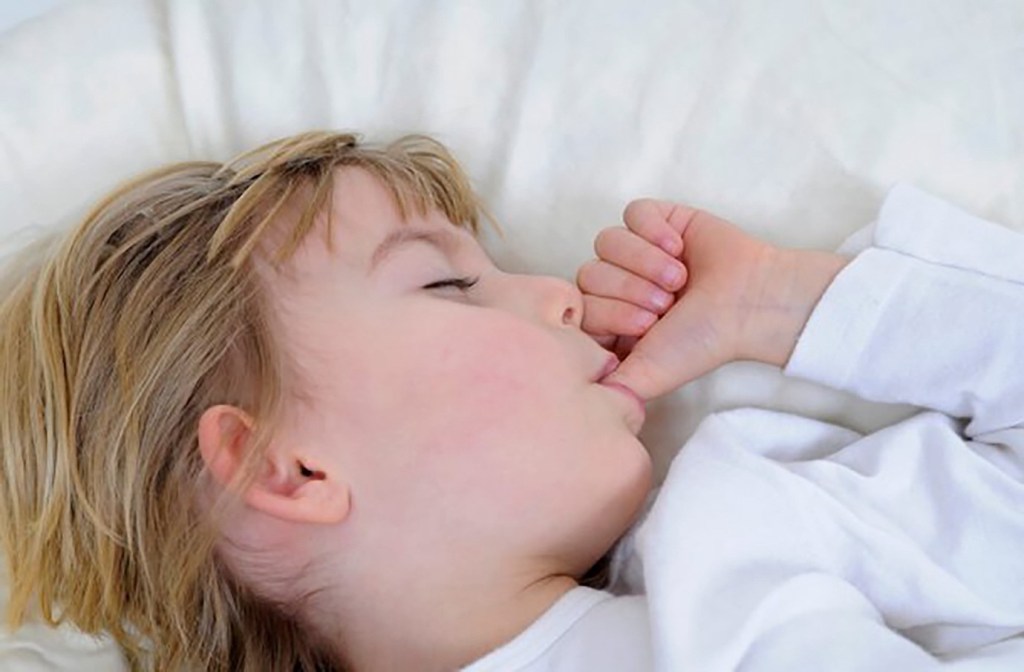
You shouldn’t be frowning if you catch your child constantly sucking the finger or thumb, since this is a normal and healthy habit for infants. Studies have shown that when a child sucks on objects such as the thumb or the pacifier it provides a relaxed emotional state and a sense of comfort.
However, the dental issues surrounding thumb sucking start showing up after the child grows beyond the age of 5 years, especially with the onset of permanent teeth.
Everything depends on a variety of factors: frequency, intensity, and duration of the sucking all of which can push the teeth out of its natural intended setting causing them to stick out oddly and causing an overbite. While this affects your child physically, it could eventually affect language delivery and sound while your child struggles to learn pronouncing the right words.
How to prevent finger sucking
What to avoid:
One of the biggest mistakes to make is to forcefully try and change the habit of thumb sucking, such as scolding, nagging, or punishments. You must remember that it is a natural habit and the more you try to get a child to rid the habit, the more defensive he or she can be, which in turn defeats the whole purpose of correction.
What to do:
Try the ‘rewards approach’ for your child in giving up the habit of thumb sucking. Here are a few subtle, yet practical ways to do it:
- Use a neon-coloured band-aid to cover the finger or thumb as a reminder for the child to avoid sucking. After your child falls asleep, you can gently take the finger out of the mouth.
- Try finding out why your child is engaging in it and try and pay careful attention to the issues or obstacles your child faces that’s causing this habit. It will help you find out how best you can help correct the situation.
- As an alternative, consider using clever dental devices that can help prevent this habit. There are versatile solutions involving using devices that can be attached to the upper teeth, fixtures to the upper roof of the mouth. They work like a placebo effect through a reversal strategy: making thumb sucking tougher and a less pleasant experience for your child forcing them to eventually give up the habit.
- Toothbrushing is really a lost art in today’s world, especially among children who have not been giving the knowledge behind the importance of it as an early foundation to have. Our dentists recommend brushing your child’s teeth at least twice a day for two minutes using a fluoride toothpaste. Remember to replace toothbrushes once every 4 months, as microbes and bacteria from your mouth can collect on them.

- While brushing is important, dental flossing is a must-have habit to help remove plaque or food particles lodged in your teeth and the bacteria that accumulates from areas that a toothbrush cannot reach.

- Oral health check-ups are never a one-time visit. The general practice for ensuring healthy oral hygiene is for children to have their first dental visit by their first birthday, while adults should do their check-ups with our dentists at HealthHub Clinics once in 6 months, especially as they get older.

- Your diet counts! Whether it’s your child or even you, what you eat makes such an impact on your overall physique, but also particularly so, in your mouth! We are talking avoiding all those sugary syrups, pancakes and waffles, chocolate sundaes, ice creams, honeyed cookies…you get the picture. Everything that can cause acids to eat into your tooth.
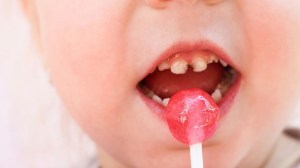
- Our dental experts recommend fluoride treatments to strengthen teeth and prevent cavities and tooth decay, not to mention whitened healthier teeth!
- If you child regularly engages in sport or activities that may have the risk of causing mouth or dental injuries, make sure you provide a mouthguard and helmet for protection.

- To ensure you keep smiling and to know more about healthy oral hygiene or to speak to any of our dental experts at HealthHub Clinics call on 8004322 today to book an appointment right away!


